Brief facts
Former Kiambu Governor Ferdinand Waititu’s legal journey took a significant turn when the High Court denied his request for bail pending appeal. Following his conviction for corruption specifically for irregularly awarding a KSh 588 million road construction tender. Waititu was sentenced to six years in prison. This decision underscores the court’s determination to uphold accountability, particularly in cases where public funds are mismanaged and public trust is at stake.
The court’s ruling rested on key legal principles governing bail pending appeal. Generally, such bail is reserved for exceptional circumstances where there is a strong prima facie case indicating that the appeal is likely to succeed. In Waititu’s situation, the prosecution’s evidence was robust, and the gravity of the offense diminished the prospect of a successful appeal. The judge reasoned that releasing a convicted public official under these circumstances could compromise the deterrence factor critical to curbing corruption, a stance that reflects the judiciary’s cautious balancing act between individual rights and public interest.
The Office of the Director of Public Prosecutions (ODPP) opposed Waititu’s application for bail, arguing that bail pending appeal is granted only in rare cases where the appellant demonstrates exceptional circumstances or a high likelihood of the appeal succeeding.
The prosecution maintained that the conviction was based on strong evidence, reducing the chances of the appeal succeeding. Given the nature of the offense (public funds mismanagement), granting bail would undermine public confidence in the justice system.
Court’s Ruling
The court’s ruling against Ferdinand Waititu’s application for bail pending appeal is firmly grounded in established legal principles that require an appellant to demonstrate exceptional circumstances and a strong prospect of success on appeal. In line with precedents such as Somje v Republic [1972] EA 476 and Jivraj Shah v Republic [1986] KLR 605, the judiciary has long held that bail pending appeal is not an automatic right but rather an extraordinary remedy. In Waititu’s case, the court found that the evidence against him was compelling, and his appeal did not meet the high threshold required to justify releasing a convicted public official pending further proceedings.
In reaching its decision, the High Court also placed considerable weight on public interest considerations. As seen in cases like Republic v Jared Kwaga & Others [2022] eKLR, courts have underscored the importance of deterring corruption and upholding the integrity of public office. By denying bail, the judge emphasized that releasing Waititu would send the wrong signal to other public officials and could undermine public confidence in the legal process. The decision reflects a deliberate effort to balance individual rights with the broader societal need for accountability, especially when it involves the mismanagement of substantial public funds.
Comparison with Moses Kasaine Lenolkulal’s Case
Ferdinand Waititu’s case and Moses Kasaine Lenolkulal’s decision highlight how bail applications hinge on where a case stands in the judicial process. Waititu, having been convicted and seeking bail pending appeal, faced a steeper burden to demonstrate that his appeal had a strong prospect of success. The court and ODPP were clear: when there’s a conviction backed by compelling evidence, the public interest in deterring corruption weighs heavily against releasing an appellant.
In contrast, Moses Kasaine Lenolkulal’s bail decision came while his trial was still underway. At that stage, the presumption of innocence plays a key role, and the courts have shown a tendency to lean in favor of allowing bail under strict conditions to preserve the right to a fair trial. Lenolkulal’s situation allowed the court to balance individual liberty with the need to ensure he appeared for trial, a nuance not available in Waititu’s post-conviction appeal.
The bottom line is that these contrasting decisions underscore that bail isn’t a one-size-fits-all remedy; it’s tailored to the specific stage and merits of each case. While both cases involve serious corruption allegations, the legal standard for bail pending appeal is much higher than for bail during trial, reminding us that the timing and strength of the case are critical factors.


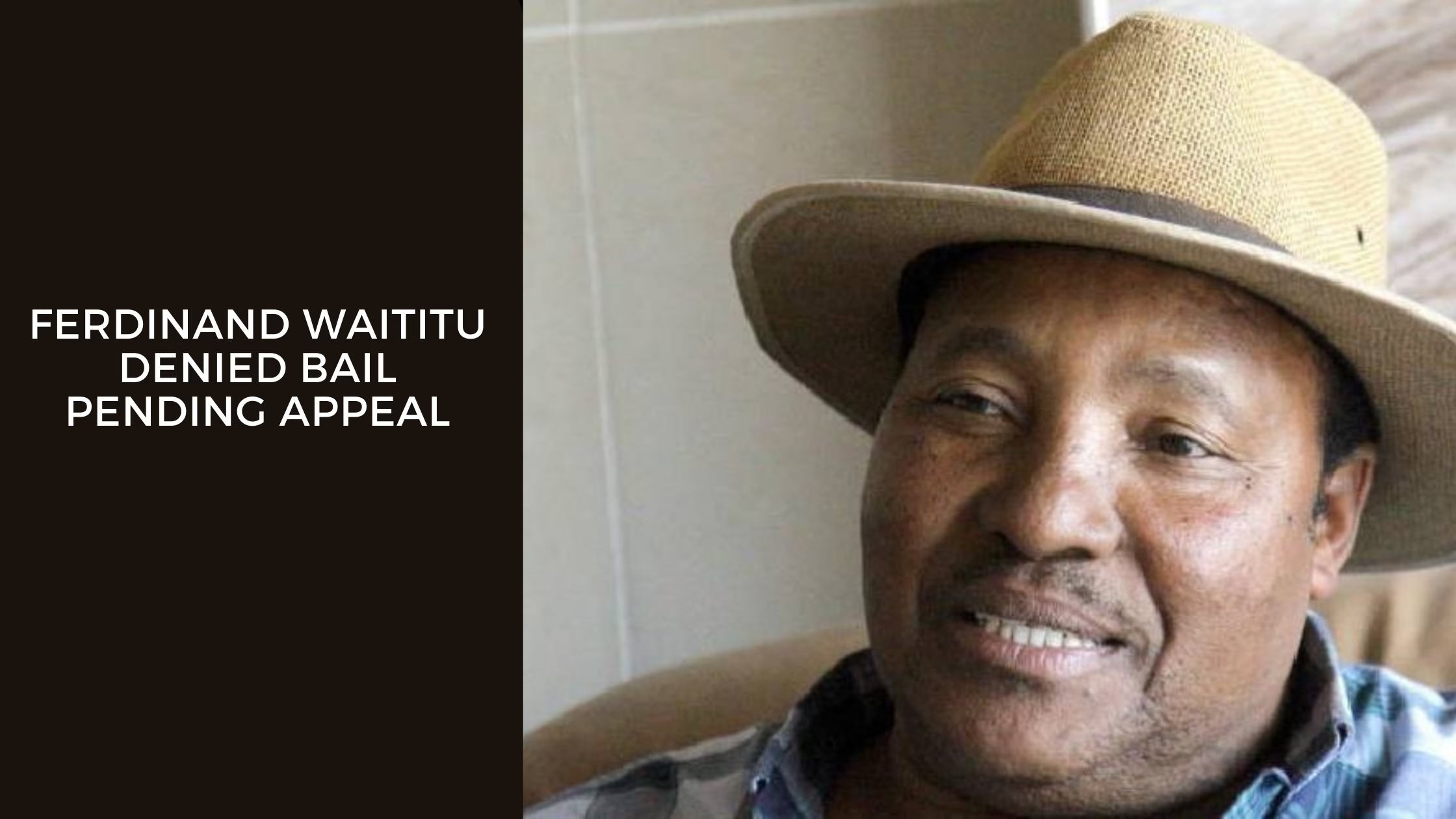




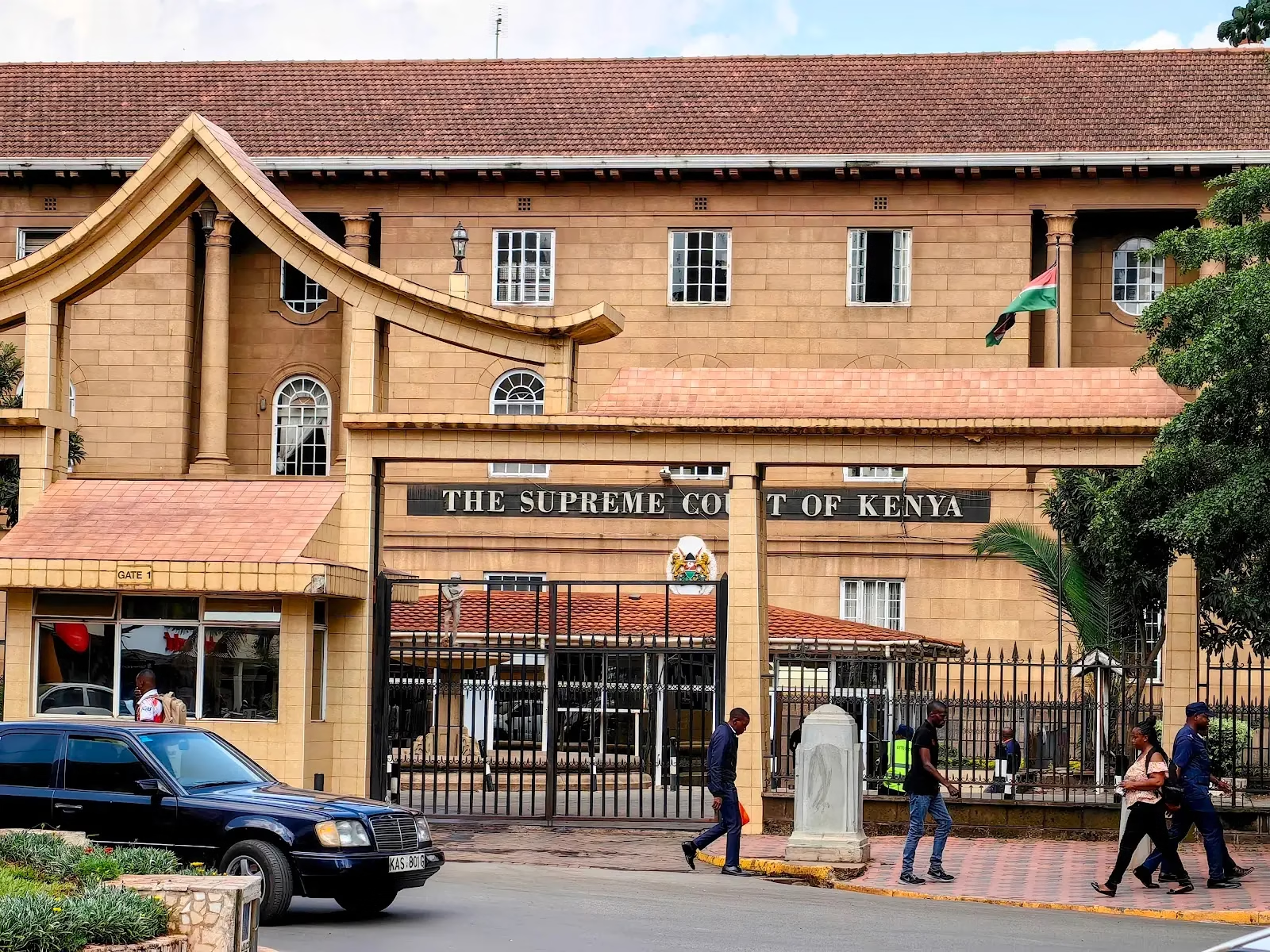


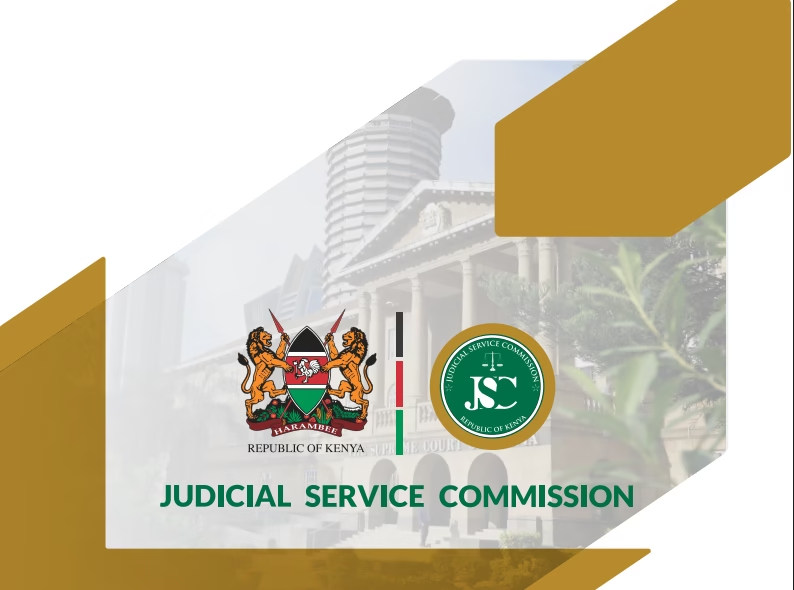


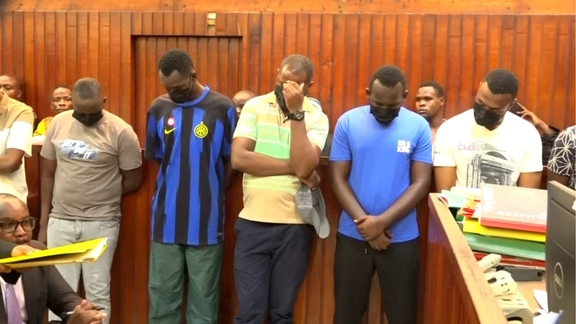
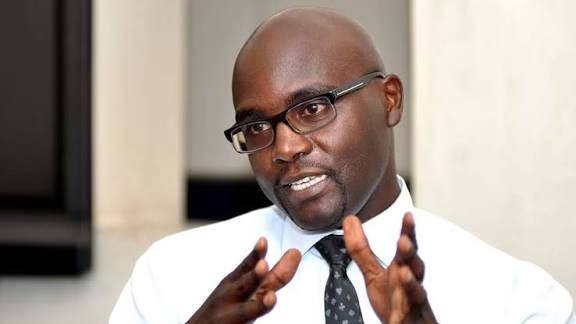


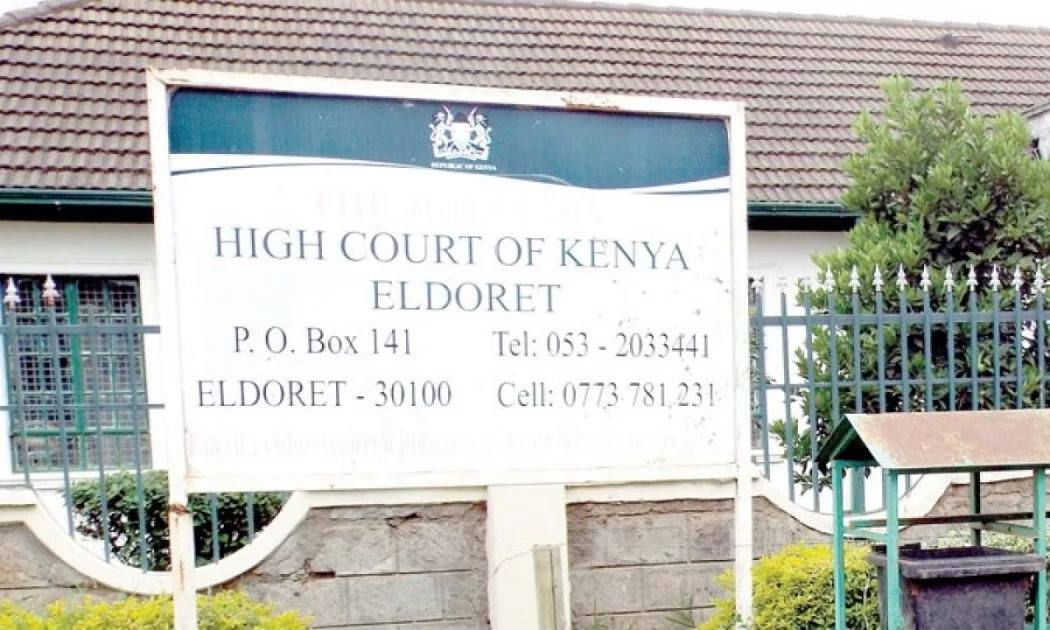


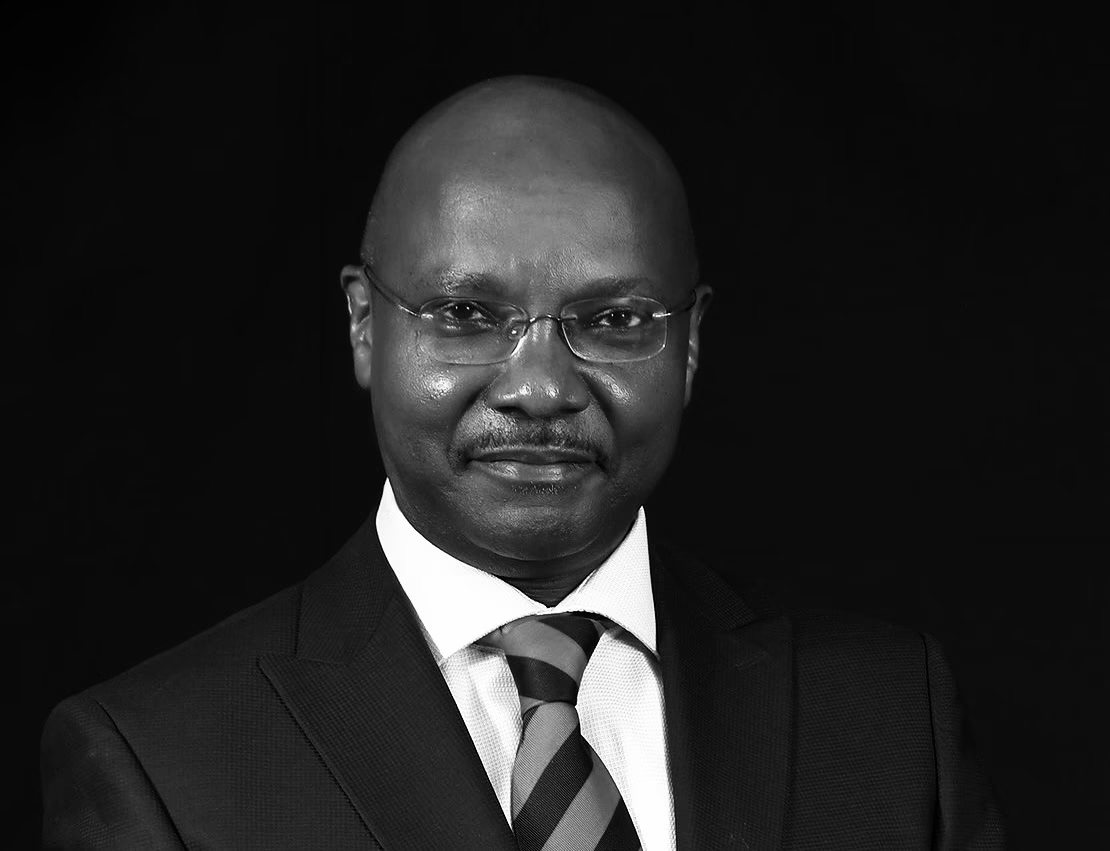
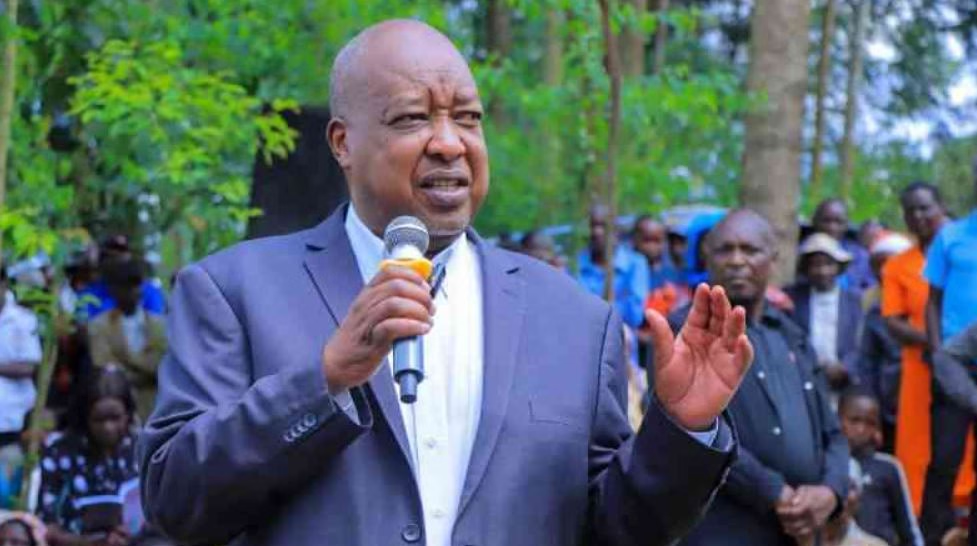
Leave a Reply